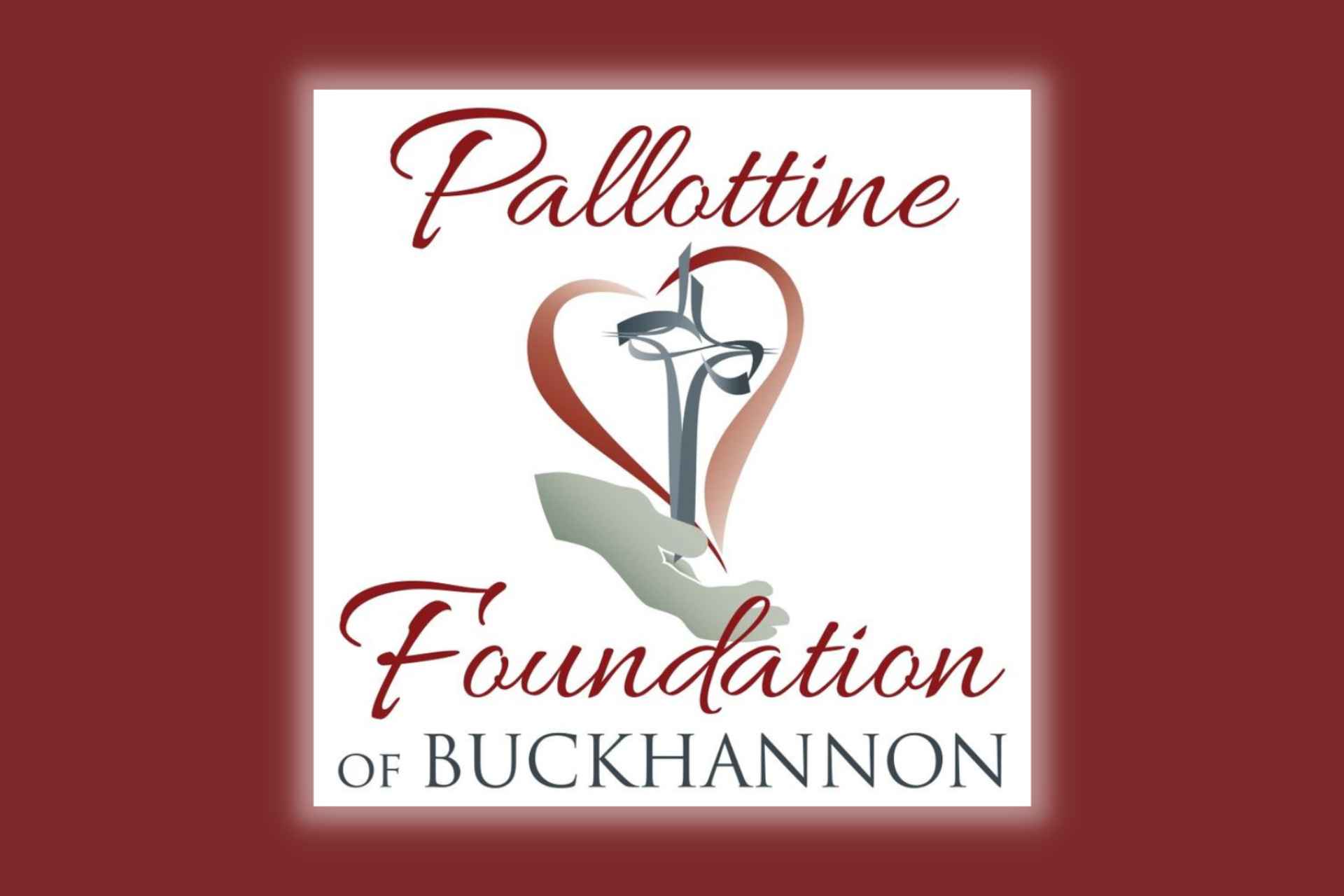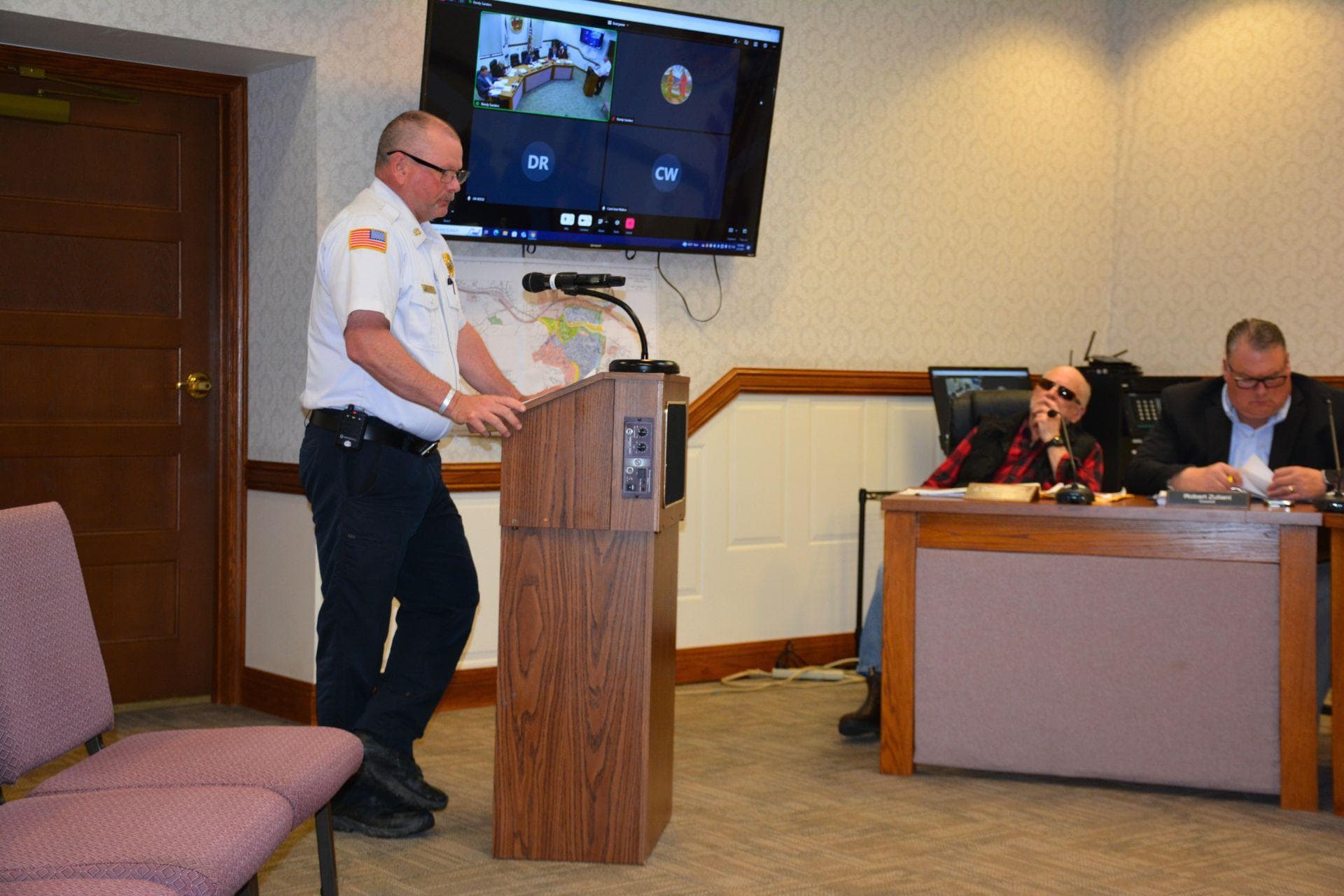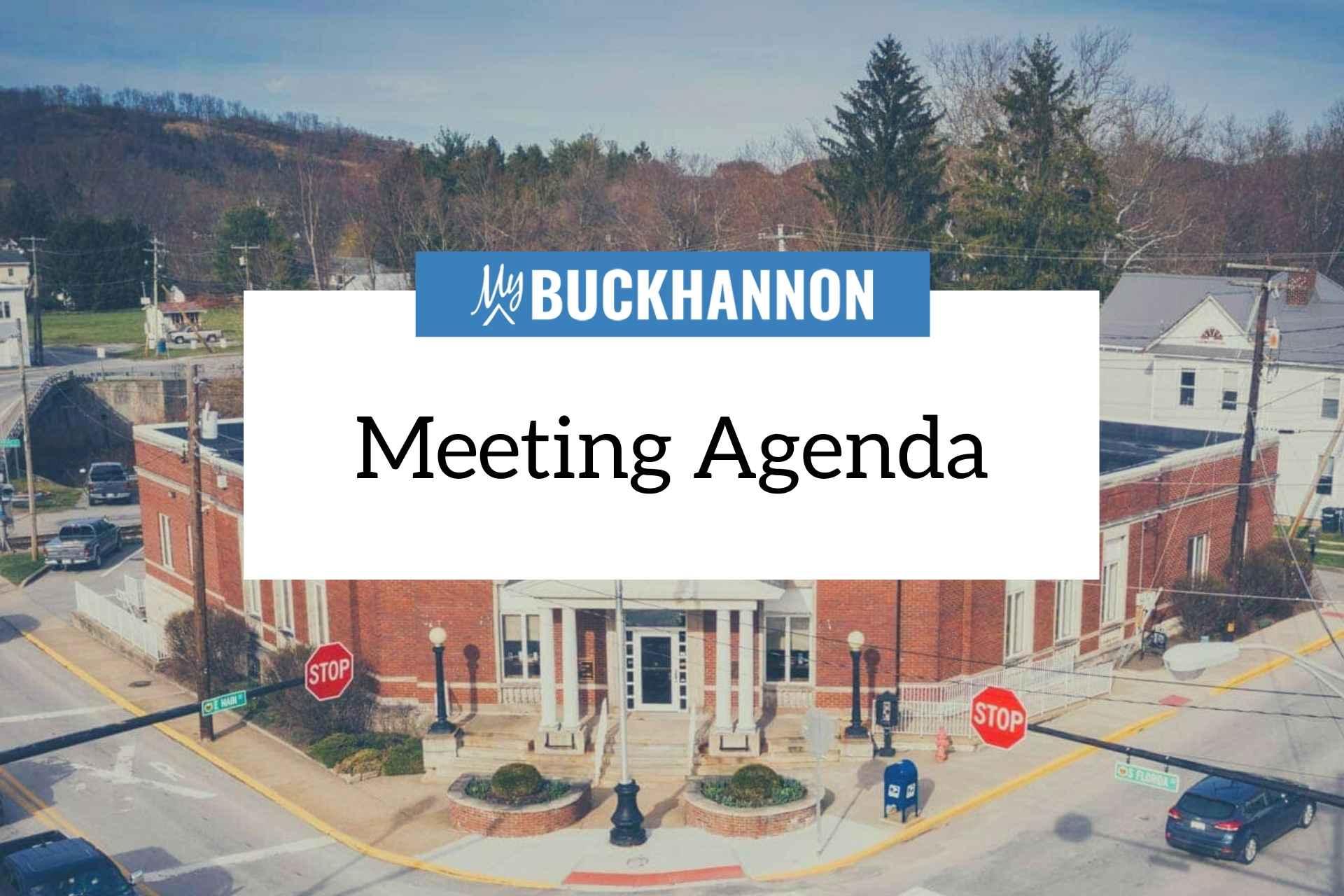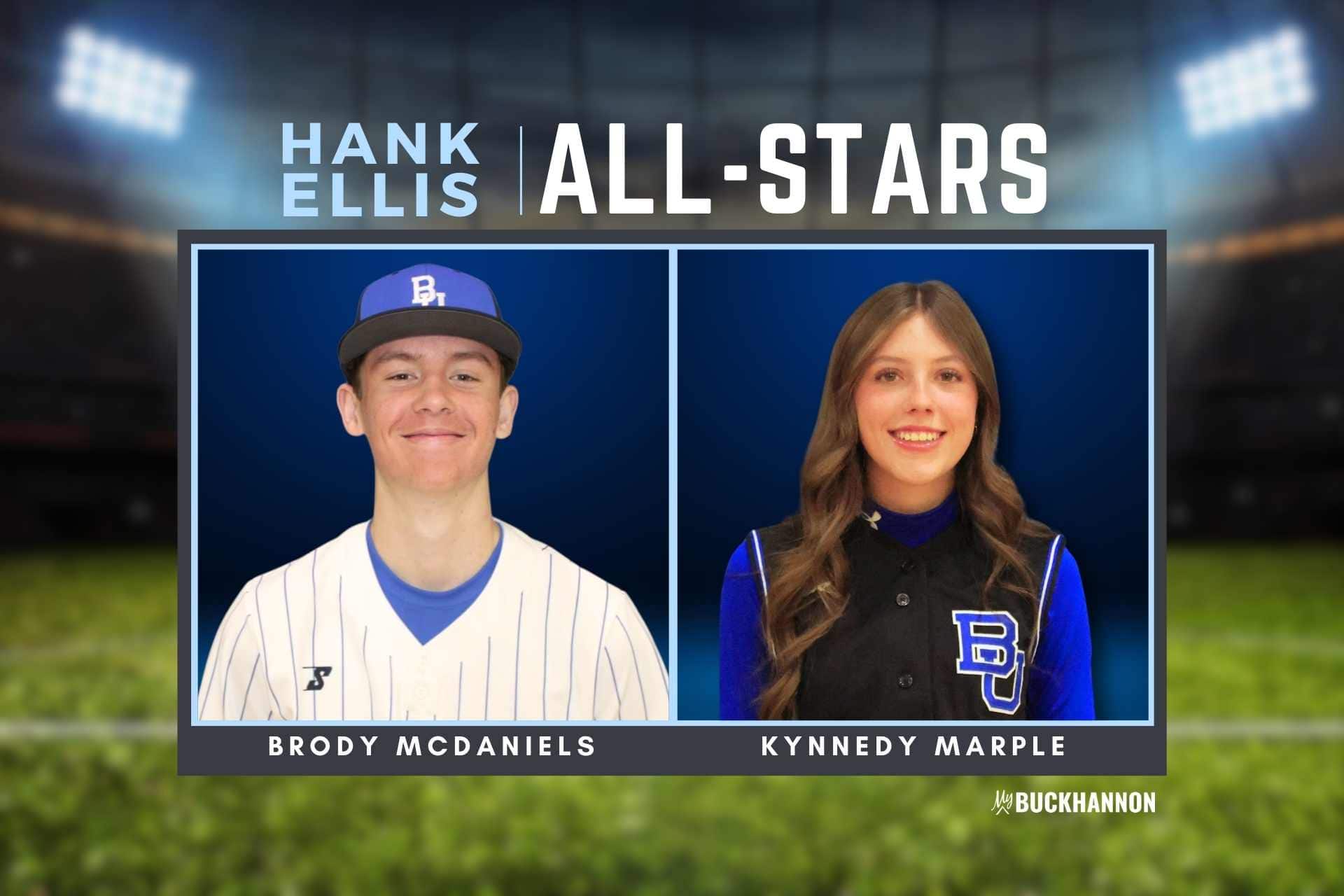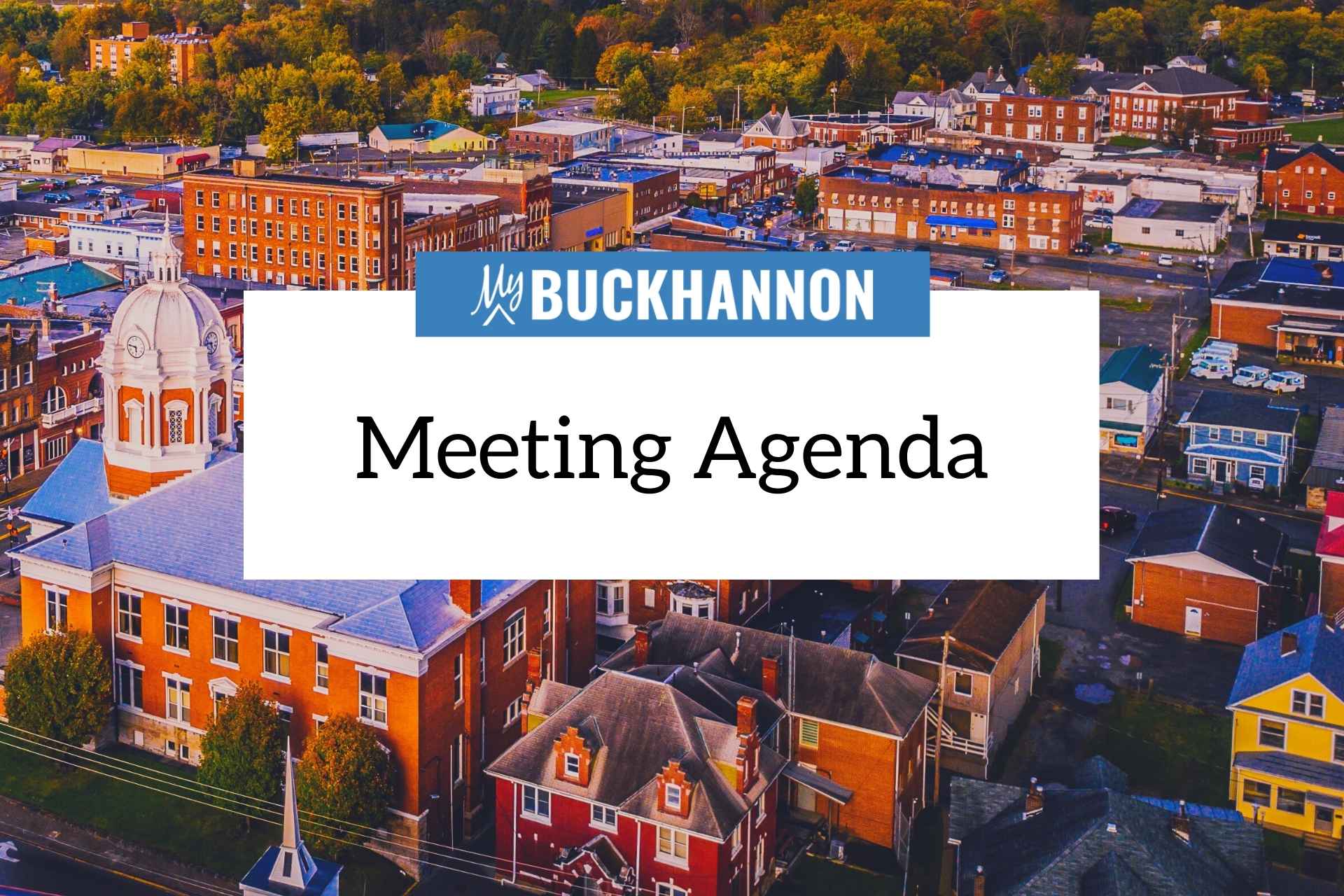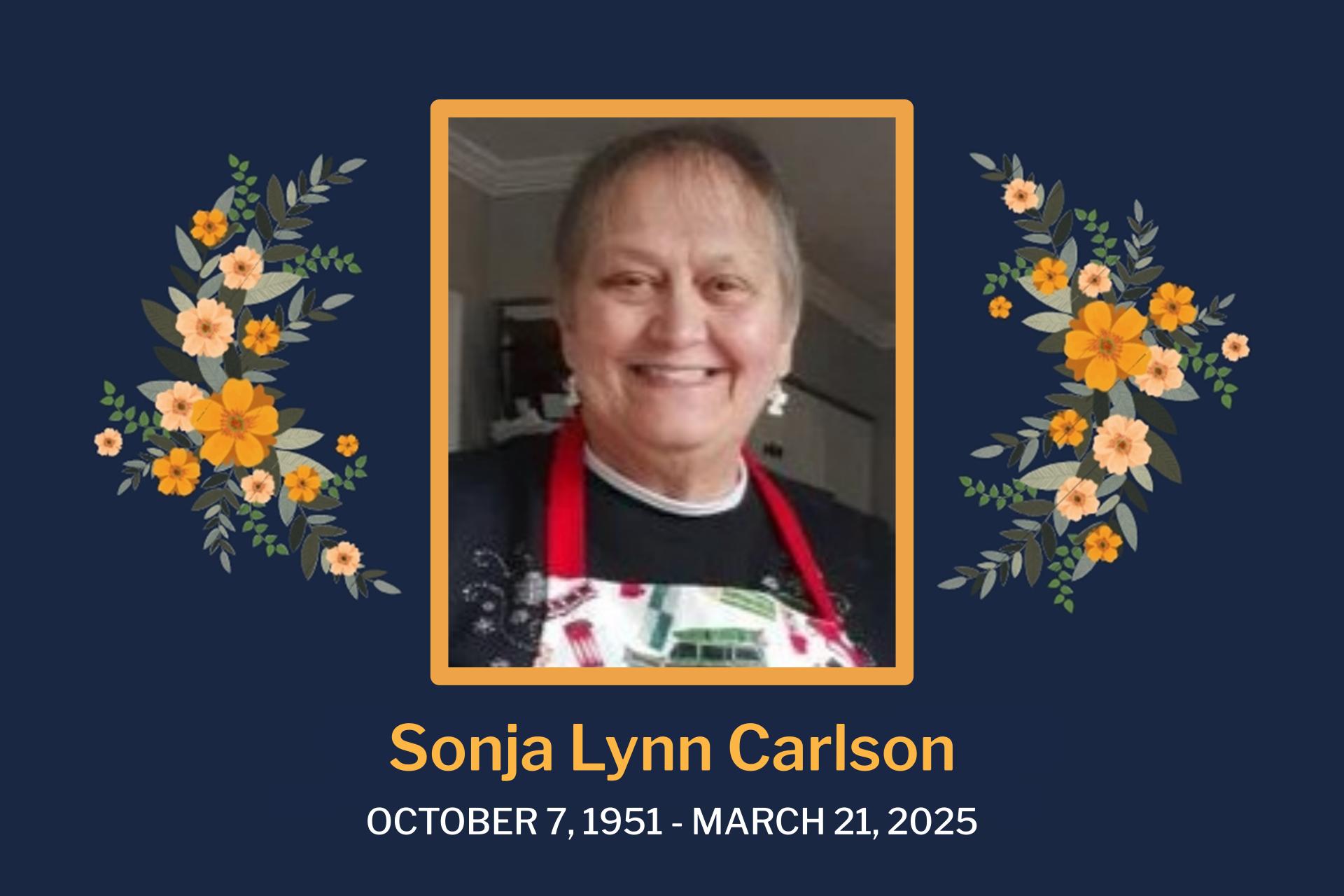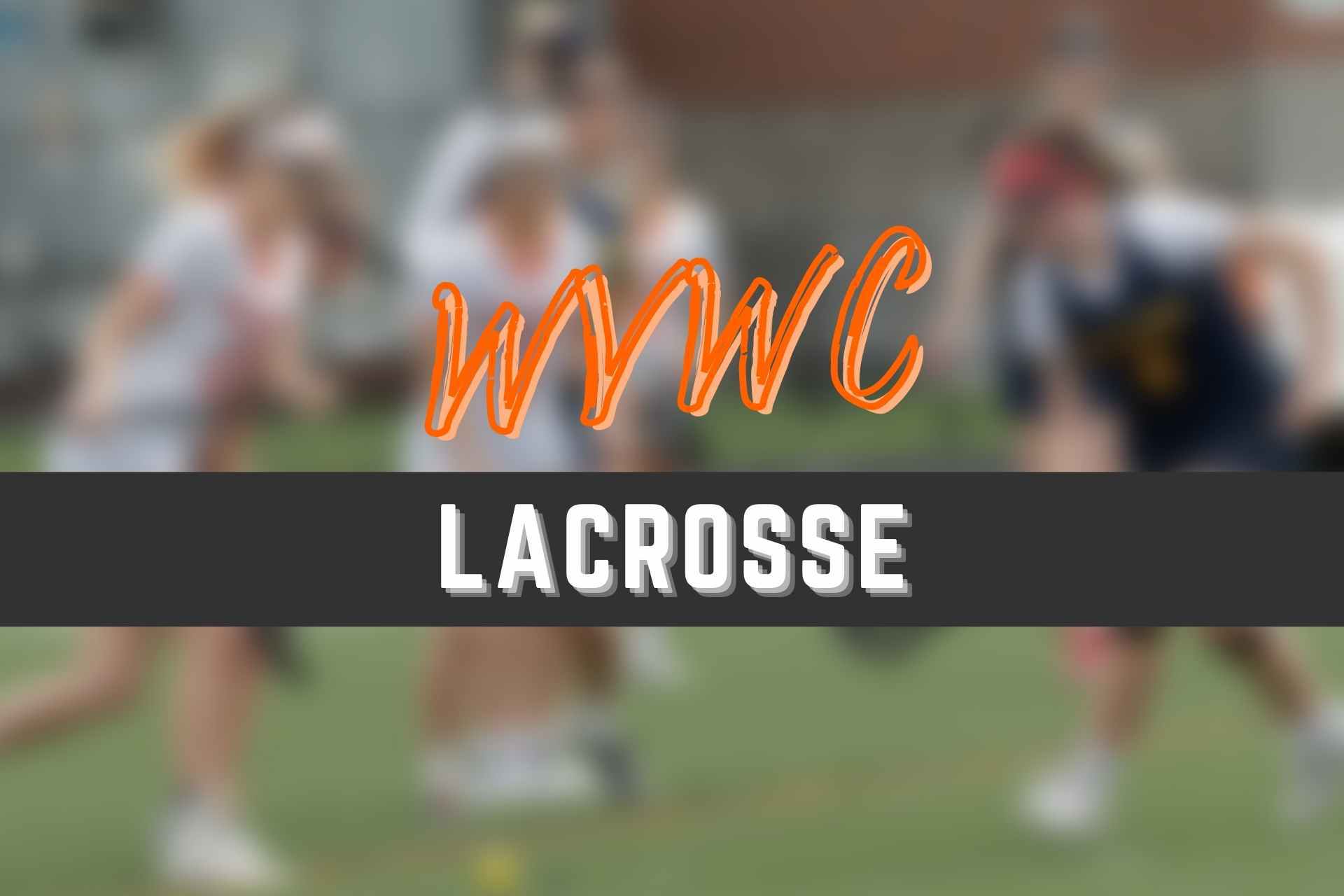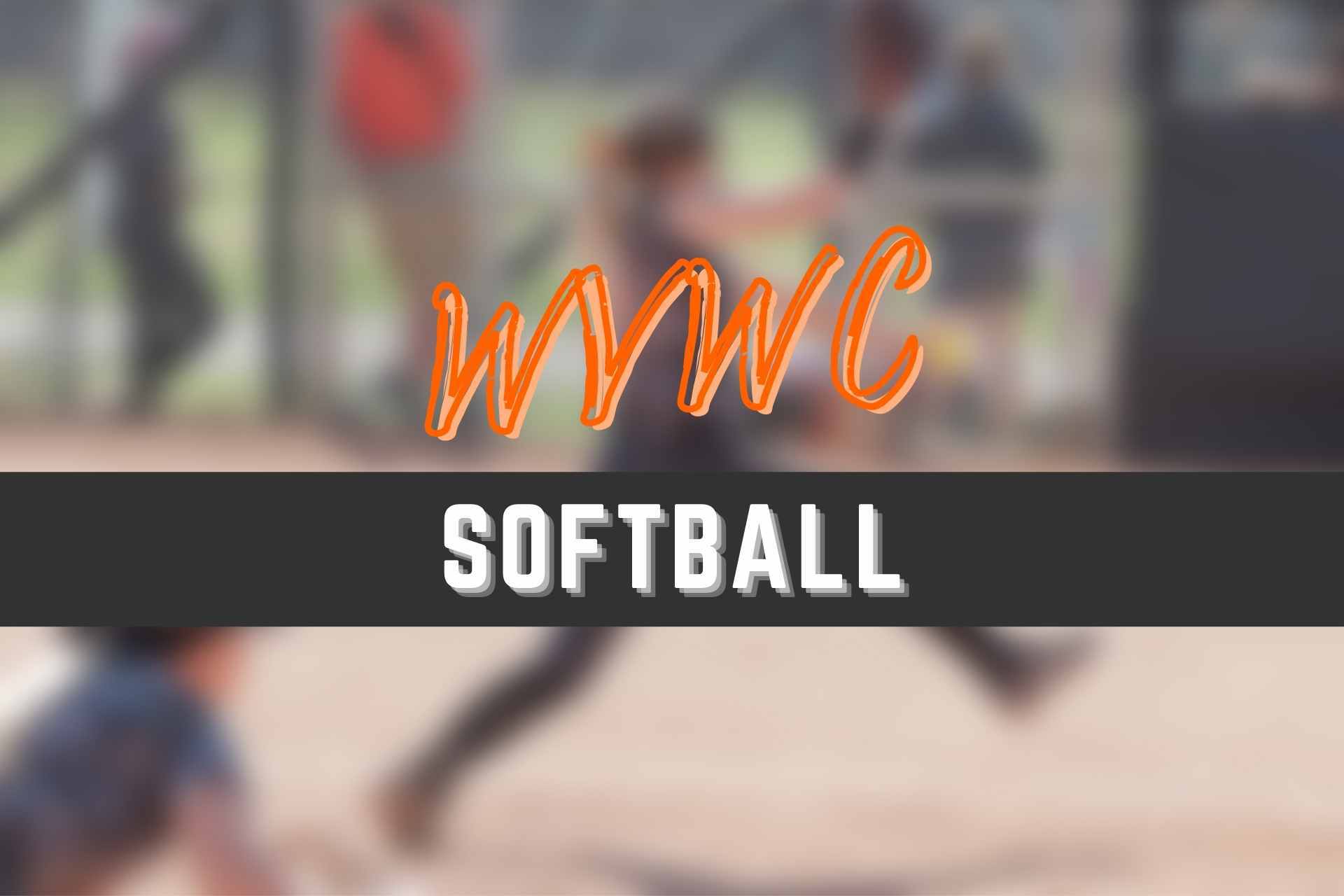BUCKHANNON – Upshur County amateur radio enthusiasts, what’s your 20?
That’s right, ham radio operators: the Upshur County Department of Homeland Security and Emergency Management wants to know where you’re at – and most importantly, if you’re willing to lend the department a helping hand.
In early June, the Upshur DHSEM held its first-ever amateur radio class through which six people earned their official Technician Class license over the course of three four-hour blocks. The class, taught by DHSEM deputy director Derek Long, spanned two weekday evenings and one Saturday. All six participants passed the test required to earn their Technician Class operator’s license.
DSHEM director Steve Wykoff and Long, an amateur radio enthusiast who is a member of several ham radio clubs both near and far, are currently gauging interest to see if more community members would like to earn their basic technician license, just the first of three license levels in addition to general and amateur extra.

“I think it’s something we might look at doing on a quarterly basis, because we’d really like to up the collaboration between amateur radio enthusiasts and this office to provide emergency communications in times of not only disasters, but also during these larger-scale events that we’re having, like the Strawberry Festival and WAMSB (World Association of Marching Show Bands in 2023),” Long told My Buckhannon. “That type of external communication could be very beneficial to what we’re trying to do here.”
The inaugural class of residents who earned their Technician Class license include Jason Anderson, Brian James Samples, Volunteers in Police Service member Ron Pugh, VIPS member Andi Cartier, VIPS member Allen Nash and Wykoff, who’s also the VIPS coordinator. Going forward, the DSHEM office hopes even more people will sign up for classes. That’s because enlisting amateur radio operators is especially important as professional public safety radios now mostly function through a computer program or the internet.
“They all have some kind of external technology connected to them, whether it’s internet-dependent or some type of direct link,” Long said. “Amateur radio is kind of the purest form of radio communication; it’s mostly accomplished with just a radio and an antenna, so when everything else seems to fail, ham radio works.”
In essence, when phone lines, cellular towers and other critical infrastructure go down in disasters, amateur radio operators in afflicted areas can still communicate with the outside world.
“This is really used in practice in the hurricane areas, in the Southeast specifically here in the United States,” Long explained. “When all the infrastructure is completely wiped out, amateur radio operators are some of the front lines folks providing damage assessment and emergency communications out of these affected areas, because the simplistic nature of it lends itself to be reliable.”
Finding volunteers willing to assist DHSEM and the E911 Upshur County Communication Center is also crucial because of the rural nature of north-central West Virginia, which doesn’t have access to as many resources as more densely populated urban regions.
“The collision, if you will, between the hobby and public service is pretty powerful and can be a very valuable tool in a smaller county like ours where we have limited human capital,” Long said. “We’re certainly not the same size as Burbank, California, but we perform the same functions of emergency management they do — we just don’t have the manpower to accomplish that without those volunteers.”
Plus, amateur radio is an interesting, enjoyable hobby with many fun facets, and it enables operators to interact with a broad cross-section of society. Long estimated he’s communicated with people in nearly 150 countries around the world and noted the hobby can be picked up by anyone from ages 7 to 90.
“It could be as simple as communicating with their neighbor down the road using a local repeater here, or they can make contacts all over the world,” Long said. “That’s the beautiful thing about amateur radio; you can do as little with the hobby or as much as you want. It’s really expansive.”
Wykoff said he had some background in basic radio operations prior to the June class, but the seminar served as a good refresher that also taught him about a few aspects of radio operations he wasn’t familiar with.
“Learning the information about the different wavelengths and how to read the bandwidths and how to determine your wavelength and the formulas behind that was a good education,” Wykoff said. “I’m not sure I’ll ever get deep enough to utilize that information, but I’ve already gotten deeper than I anticipated. It kind of draws you in.”
Anyone interested in earning their Technician Class license or who already has it and is interested in assisting the Upshur DHSEM is encouraged to contact the department by calling 304-472-4983 or emailing dhsem@upshurcounty.org.




